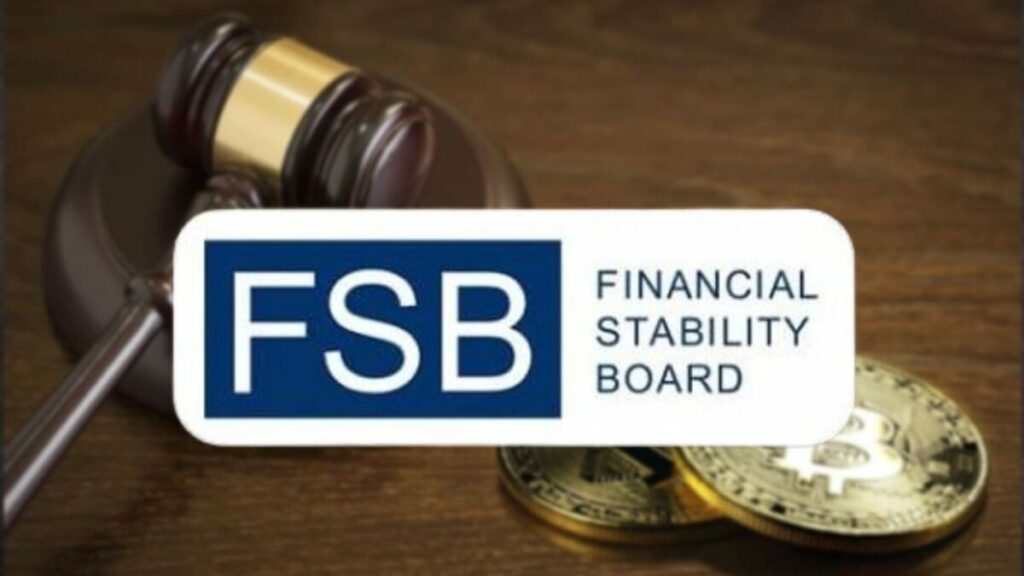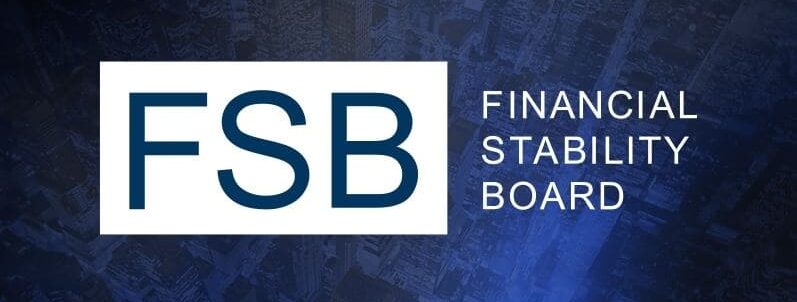The Financial Stability Board (FSB), an international organization that monitors the global financial system, has published its final recommendations for regulating cryptocurrency assets-related activities. The FSB said the regulatory framework to implement fundamental safeguards to avoid the types of collapses witnessed at the FTX exchange and other crypto casualties.
Global Authorities Tightens Crypto Regulations
Overreaching regulations in the digital asset industry have struck tremendous fear among investors, traders, and crypto enthusiasts all over the globe. Over the recent couple of years, authorities worldwide have beefed up regulatory policies that have made it extremely difficult for crypto-focused companies to operate. The situation is especially grim in the United States.
Financial regulatory agencies like the Securities and Exchange Commission (SEC) and Commodity Futures Trading Commission (CFTC) have pumped up scrutiny in the burgeoning digital assets space, targeting leading crypto firms like Binance and Coinbase.
Not only this, the American watchdog has also been stretching its tentacles beyond centralized crypto exchanges and digital assets to target the decentralized finance (DeFi) landscape.
In another attempt to nip this fledgling industry, the FSB has released a new global regulatory framework for crypto, responding to the G20’s request for guidance on supervising companies involved in trading crypto assets. It has also revised its existing recommendations for stablecoins following the collapse of the Terra/Luna ecosystem.
FSB Issues Final Recommendations for Crypto Activities
On July 17, the FSB issued a public note and two separate guideline documents, consisting of two sets of recommendations – high-level recommendations for regulating crypto in general and “revised high-level recommendations” for a global stablecoin.
Our global regulatory framework for crypto-asset activities seeks to ensure that #cryptoassets and global #stablecoins are subject to robust regulation and supervision and do not pose risks to #FinancialStability.
Find out more: https://t.co/NZyA2rzF7K pic.twitter.com/wH8z4Q0d8l— The FSB (@FinStbBoard) July 17, 2023
These recommendations draw on established principles from traditional finance to ensure the sector incorporates robust governance to prevent conflicts of interest, effective risk management, and disclosures that safeguard customer funds from mingling with company assets.
As per the official document, the global framework includes a shared work plan that the FSB and sectoral standard-setting bodies (SSB) have developed for 2023 and beyond. These policies note that crypto platforms must segregate clients’ digital assets from their funds and separate functions to avoid conflict of interest, with regulators ensuring tight cross-border cooperation and oversight. The agency explained,
“The FSB has been working closely with the SSBs and international organizations to ensure that the work underway regarding the monitoring and regulation of crypto-asset activities and markets is coordinated, mutually supportive, and complementary.”
The international body has laid down 9 recommendations that focus on regulatory, supervisory, and oversight issues relating to crypto-assets. The guidelines encompass regulatory issues such as “authorities should have and utilize the appropriate powers and tools, and adequate resources to regulate, supervise, and oversee crypto-asset activities and markets, and enforce relevant laws and regulations effectively, as appropriate.”
Other recommendations include that authorities should have access to the data as necessary and appropriate to fulfill their regulatory, supervisory, and oversight mandates. Additional measures seem to provide more granular guidance for regulating day-to-day operations in the crypto market.
Supervisions on Global Stablecoin
Furthermore, regarding global stablecoins (GSC), the FSB emphasized directives such as – any stablecoin issuer should have one or more identifiable and responsible legal entities or individuals such as a “governance body,” to hold reserve assets in 1:1 minimal proportion and the potential obligation of global stablecoin issuers to obtain some kind of permit to operate in each separate jurisdiction. The document read,
“Authorities should not permit the operation of a GSC arrangement in their jurisdiction unless the GSC arrangement meets all of their jurisdiction’s regulatory, supervisory, and oversight requirements, including affirmative approval.”
FSB Secretary General John Schindler clarified the agency will review the state of the implementation of its recommendations worldwide by the end of 2025. Moreover, it will also deliver a joint report on the existing policies and regulatory issues to the G20, together with the International Monetary Fund (IMF), later this year.











